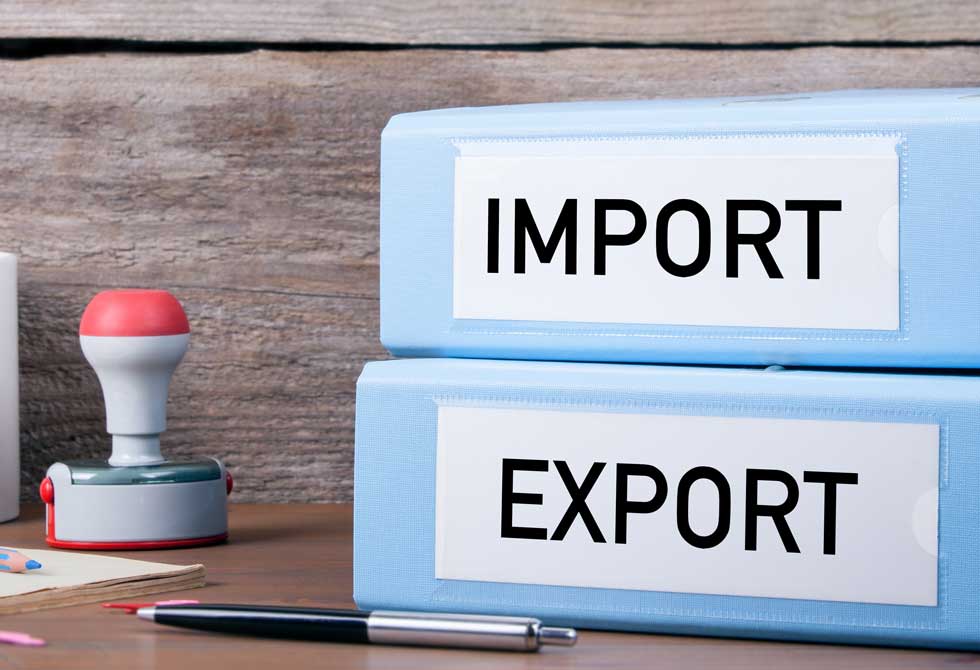
International import/export regulations can frequently be hard to keep track of as they often differ from country to country or at the very least market to market. Foreign affairs, in general, have also been hard to stay on top of lately, with events like Brexit changing the essential fabric of the world as we know it slowly and then all at once. The coronavirus pandemic is likely to cause further changes in trade globally. Here is what the current situation is, especially when it comes to import/export regulations to the USA and Mexico.
Be informed
Why is it important to be familiar with the import and export regulations of a particular country? Well, first of all, if your business involves export, not being informed could come at a great cost. Very often, businesses will accept a sale and go in it blindly, without sufficient knowledge of the regulations and with badly constructed contracts and unclear responsibilities. Knowing the regulations of the country you are importing into is the key to conducting a successful business and ensuring that both your and your clients’ needs are met. As a rule, one of the basic import and export rules is that certain goods or services might require you to have a license or permit to import or export into any given country.

It is important to know about all of the permits you might need to obtain for doing export or import
Where can you learn about the requirements?
Before embarking on importing or exporting, it is important to do your research. The internet is rife with different official resources that can help you determine what the requirements are. If you are running a business out of the US, you can go to export.gov which will point you towards the relevant sources. You can also find information from the chambers of commerce of the partner countries. You can even try contacting the US embassy or consulate, just like you would if you were moving with your family overseas. They would probably be able to point you towards the most pertinent sources. Beware of outdated information, though, and always double-check. This is especially important in the days following the coronavirus.
Import/Export regulations to USA and Mexico
Mexico is the third-largest US partner when it comes to trade. If you are running your business out of the USA and are considering expansion, you may want to consider Mexico first. Once you choose to do so, you will have to familiarize yourself with the regulations and possible restrictions.

Mexico is the third-largest US trade partner
The North American Free Trade Agreement (NAFTA) was an agreement between Canada, the USA, and Mexico that came into effect in 1994. It allowed for the trade without barriers between the three countries, which in turn helped the three economies as well as the average citizen. It negatively affected certain minor industries. In 2018, the agreement was renegotiated and replaced with USMCA – the United States-Mexico-Canada Agreement went into effect on July 1st, 2020. Its benefits for the US mainly pertain to less bureaucracy for exporting into Canada and Mexico.
Sensitive products
When it comes to exporting into Mexico from the US, you would have to obtain an import license for certain products. The Mexican government publishes lists of those products from time to time that are under stricter import control. Because of this, one of the basic import and export rules is to ensure your product is properly classified. You can always check with a customs broker to see if the classification is appropriate. As these changes periodically, it is important to always check in advance and keep track of the necessary documentation. The products that require licenses range from weapons and military equipment to some processed foods and toiletries. Different secretariats of the Mexican government are in charge of issuing licenses for different products within their jurisdiction. Bear in mind that even small quantities of certain products will require a license, even if shipped by courier.
Used vehicles
There is a set of international import/export regulations guiding the import of used vehicles in Mexico. The necessary documentation list is extensive, but export.gov updates it regularly.
Importing into the US
If your business involves both importing and exporting, there is another set of documents you will need to obtain. The first thing you should do is to check the requirements of the appropriate federal agency. Here you will learn whether the item you are importing requires a license or permit. Next, contact the local port of entry you plan on using. There you will get all of the information about your next steps. Even if there is no license to obtain, you will still have to fill out a Customs and Border protection entry form. You will need to provide your importer number (your IRS business registration number) on all of these forms. They have to be filed within 15 days of the date your shipment arrives in the US port of entry.
Post COVID-19 regulations
Obviously, the world is undergoing major shifts right now and they do not only pertain to international import/export regulations. Things are changing so much on a day-to-day basis. And it is not only the auto shipping industry that’s suffering some changes. It is difficult to say anything with any kind of finality or definition. However, the World Trade Organization has plenty of resources on their website. They are attempting to list the trade-related measures taken by each country in the context of the COVID-19 pandemic.
When it comes to the United States, the government has restricted or prohibited the export of certain types of personal protective equipment without explicit approval from FEMA. Similar restrictions have come into play for certain medical supplies like surgical masks and gloves. It has also lifted a ban on the import of rubber gloves from Malaysia because of corona-related shortage. Most countries have done similar things when it comes to respirators and other medical equipment.

Surgical mask and sanitizer


